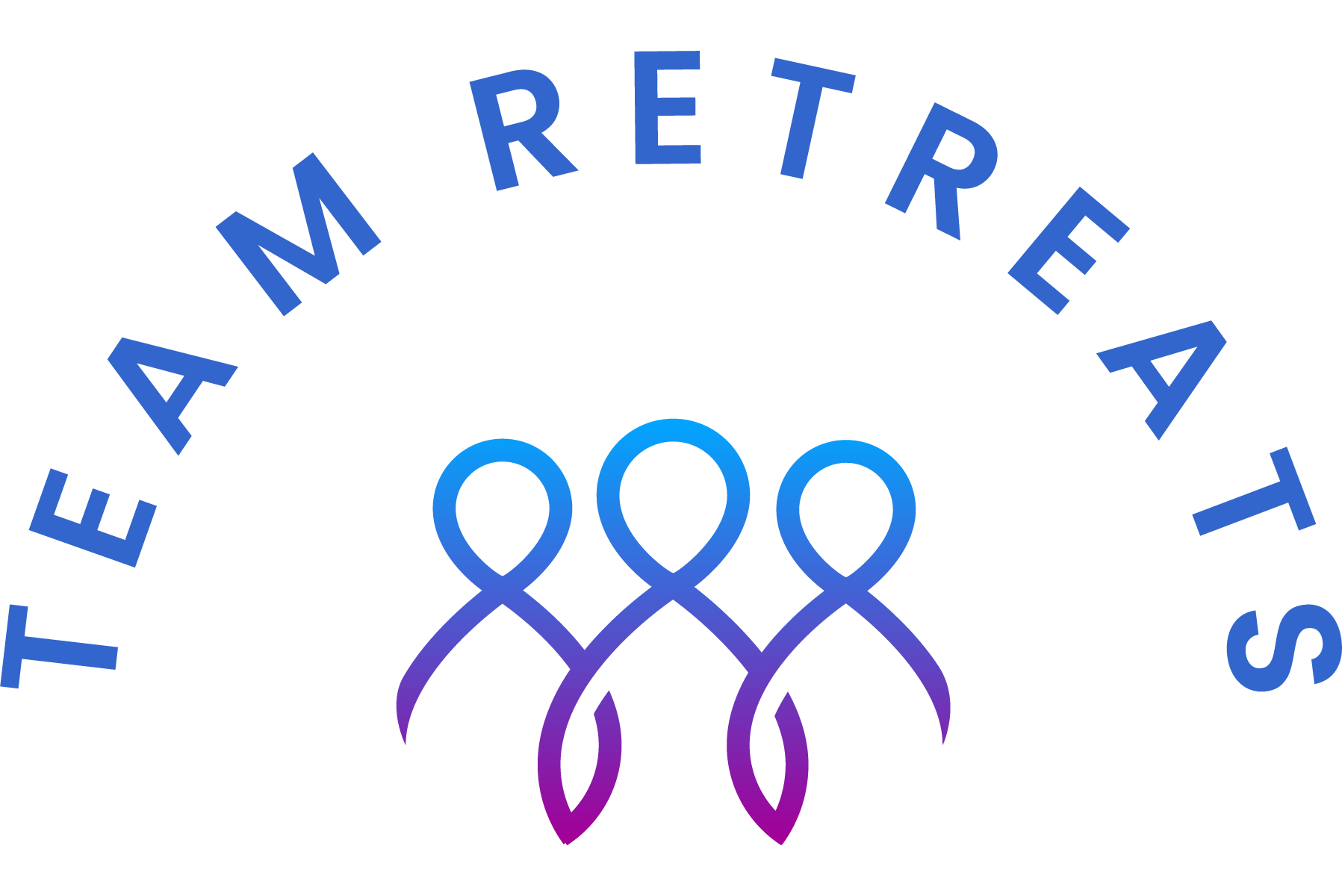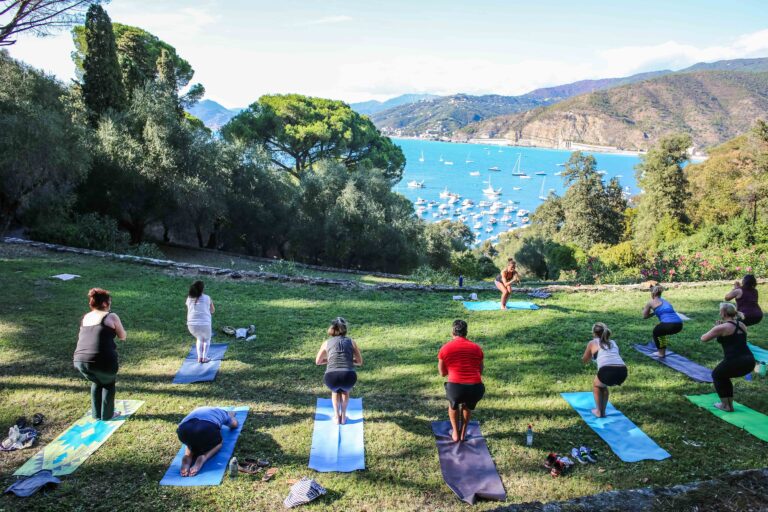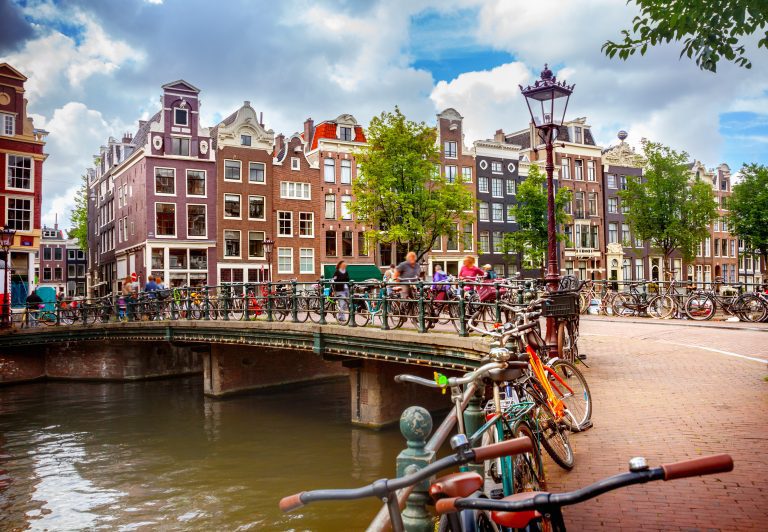#1 The Rising Tide of Workplace Burnout
Burnout is no longer a buzzword. The World Health Organization has defined it as an occupational phenomenon—and for many teams it feels alarmingly close. Constant notifications, blurred home-office boundaries and performance pressure drain focus and joy. Even top performers find it hard to switch off.
Companies now realise that spreadsheets and Slack alone don’t build resilience. The question has become:
How can we design workplaces where mental health is built in, not patched on? That’s where team retreats come in. Done right, they’re not perksthey’re preventive care for human energy.
#2 Why Mental Health Should Be a Business Priority
Healthy minds create healthy businesses. Teams that feel safe, connected and supported innovate faster and stay longer. Ignoring wellbeing costs far more than investing in it—through absenteeism, turnover and quiet disengagement.
Traditional wellness efforts—yoga apps, lunchtime talks—often treat symptoms, not roots. A purposeful team retreat, set in nature and free from daily noise, gives employees space to rest, talk and reconnect as humans first, colleagues second. It becomes a reset button for culture itself.
#3 How Team Retreats Support Mental Wellbeing
A well-planned retreat acts like a pressure valve. It breaks the loop of back-to-back calls and replaces it with real presence. Instead of managing screens, people share meals, laughter and silence.
Retreats focused on mental wellbeing help teams
- step back from constant demand,
- regulate stress before it escalates, and
- rebuild intrinsic motivation.
They also normalise the conversation around mental health and making it a shared value rather than a private struggle.


#4 Five Ways Retreats Help Prevent Burnout
1. Breaking Routine and Digital Overload
Constant availability exhausts the nervous system. Retreats encourage people to disconnect to recharge—no emails, no pings, no guilt. Imagine a three-day reset in Umbria or South Tyrol: slow breakfasts, morning breathwork, a mountain walk, dinner under the stars. That slower rhythm restores perspective and creativity.
2. Rebuilding Human Connection
Burnout isn’t only about overwork—it’s about disconnection. When collaboration happens mostly through screens, empathy fades.
Cooking together in a Sardinian villa or hiking in Andalusia’s hills revives that lost human chemistry. Shared challenges build belonging—the strongest natural buffer against burnout.
3. Encouraging Mindful Reflection
True mindfulness means noticing, not forcing calm. Retreats create the space for reflection—journaling after sunrise, guided meditation beneath olive trees, or a quiet walk along the Alentejo dunes in Comporta, Portugal.
Facilitated sessions on boundaries and resilience help participants spot stress patterns early and respond with clarity instead of collapse.
4. Movement & Nature
The connection between movement, nature and mental health is proven. Outdoor activity resets both body and brain chemistry. Gentle hikes in South Tyrol’s alpine trails, yoga beside Lake Orta, or mindful paddleboarding along the coast of Istria invite balance through motion.
Physical flow lowers cortisol, boosts endorphins and most importantly reminds teams that wellbeing can be joyful, not just serious self-care.
5. Creating Psychological Safety
No resilience strategy works without trust. During a retreat, hierarchy fades: CEOs sit next to interns at the same table; people speak without fear of judgment.
Circle conversations, silent walks, or story-sharing evenings build psychological safety—the foundation of sustainable performance. Once experienced in a relaxed environment, that openness travels back into everyday collaboration.
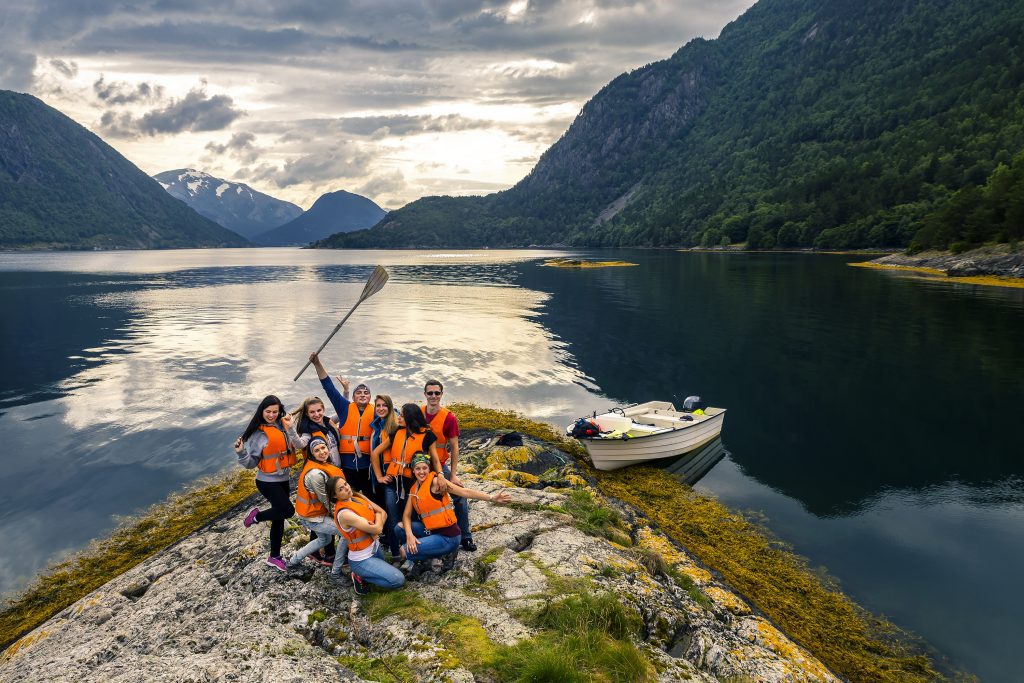
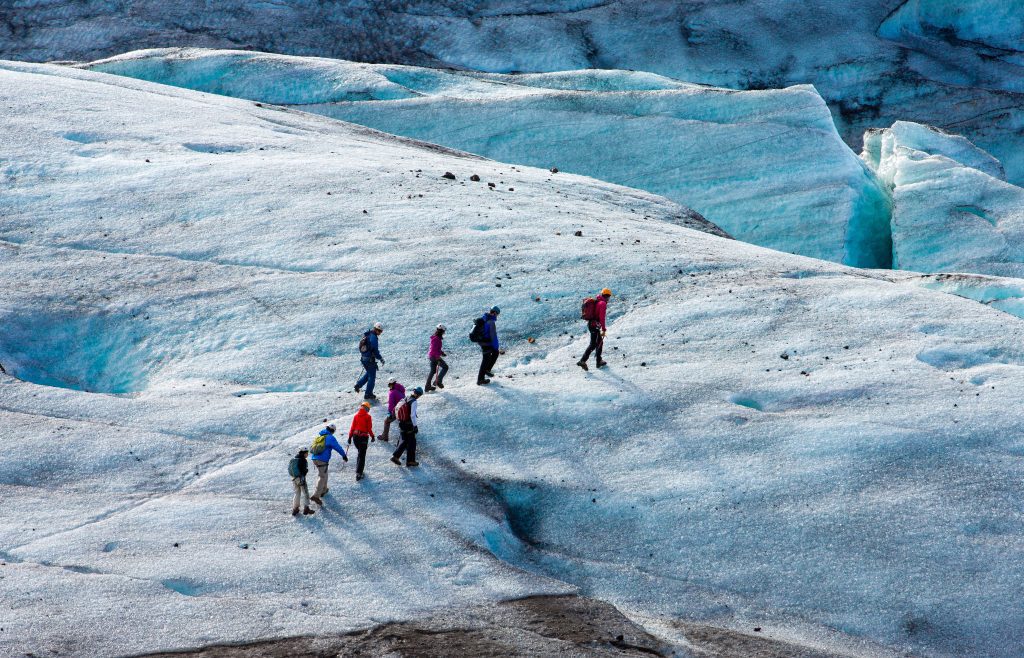
#5 Where to Host Your Next Mental-Health Retreat
Not every destination restores in the same way. The goal is to find places that slow the nervous system, inspire curiosity, and support both small and large groups.
Italy – Restorative Variety
Italy remains Europe’s wellness canvas, but far beyond Tuscany:
- South Tyrol – clean alpine air, forest bathing, hiking & spa hotels (great for 40–120 pax).
- Umbria – peaceful hills and monasteries for intimate leadership circles (10–25 pax).
- Sardinia – sea breeze, longevity traditions, Blue-Zone nutrition, perfect for combining workshops with downtime.
- Lake Orta / Maggiore – easy access from Milan, ideal for corporate groups up to 150 people seeking calm lakeside energy.
Portugal – Comporta & the Alentejo Coast
Endless beaches, pine forests, white-washed villages—Portugal radiates simplicity. Venues in Comporta or Melides offer yoga decks facing the Atlantic and space for digital detox programs for 20 to 80 participants.
Spain – Andalusia & Menorca
The light in southern Spain nurtures creativity. Retreats near Ronda or Grazalema combine mindful mornings with flamenco evenings, while Menorca’s slower rhythm suits smaller leadership teams.
Croatia – Istria’s Quiet Strength
Olive groves, vineyards and medieval hill towns create the ideal backdrop for reflection. Private estates near Motovun can host 30 to 100 guests comfortably and remain more affordable than Western Europe.
Large or small, each region allows a blend of reflection, activity and authentic connection without corporate stiffness.
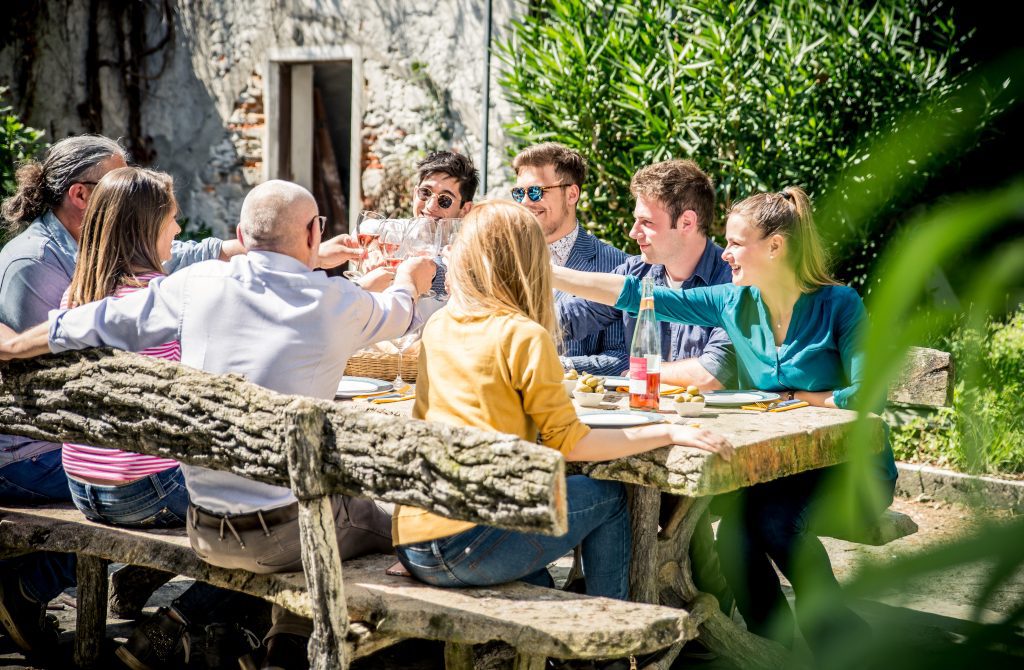

#6 How to Design a Wellbeing-Focused Retreat
1. Define your intention
Start with why. Do you want to prevent burnout, rebuild trust, or strengthen emotional intelligence?
Clarity shapes everything — from the venue to the facilitator.
2. Match the format to your group size
- Small teams (10 – 25 pax): choose immersive workshops, mindfulness circles, and shared meals.
- Medium groups (30 – 80): combine reflection blocks with outdoor movement or creative sessions.
- Large offsites (100 – 150 +): design a rhythm of morning well-being modules and afternoon team activities in nature. Mentioning capacity early reassures planners that scale is possible without losing depth.
3. Choose a restorative location
Natural light, quiet surroundings, and fresh air matter more than luxury décor. Whether it’s a mountain lodge in South Tyrol, a beach house in Sardinia, or a vineyard estate in Istria, the setting should invite slow breathing and honest talk.
4. Balance structure with freedom
Too much programming creates stress; too little breeds drift. Alternate guided sessions with open space for naps, walks, or journaling, this is where true integration happens.
5. Add gentle facilitation
Bring in experienced coaches who can hold psychological space. They’ll guide conversations on boundaries, empathy, and self-regulation which are skills your team will keep long after the retreat ends.
6. Integrate insights afterward
A retreat is only the beginning. Schedule follow-up circles or micro-check-ins once back at work to turn inspiration into habit. That’s how a three-day pause becomes cultural transformation.
Book a 15-min Planning Call
Ready to move from theory to practice? Let’s design a mental-health-focused retreat that helps your team rest, reconnect, and build lasting resilience. We’ll match your group size, timing, and goals with the perfect destination and program.
